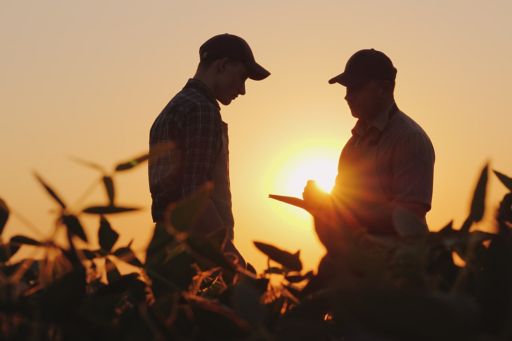Week in Review
In Aotearoa, Stats NZ report the ratio of sheep to person has fallen to below five - the lowest since records began in the 1850s. The highest level the ratio has been, with 22 sheep to one person, occurred in 1982. In addition, dairy cattle numbers are the lowest they have been in 11 years, at 6.1 million head. Tauranga based horticulture software company, Radford Software, has received investment from Canadian software investment company, Arcadea Group. Radford Software specialise in full chain systems within horticulture operations including management programmes, sales, and logistics systems to track fresh fruit to market. Brendan OтConnell, AgriTech NZ chief executive, believes this investment will advance Radford Softwareтs global reach with the ability to accelerate their software developments in the future. MФnuka Charitable Trust, who represent the apiculture sector have expressed disappointment at losing their government supported bid to trademark the term тMФnuka Honeyт� in New Zealand. Trust Chair, Pita Tipene, stated the trust will take time to absorb the details of the ruling before considering their next steps.
Internationally, Meat Business Women commissioned an independent report on the global meat industry workforce for 2023. The report showed the industry has made progress in womenтs representation in leadership roles, 23% of board-level director roles are now held by women, up from 14% in 2020. Additionally the number of women in both high-level leadership roles, and middle management roles has increased, showing inclusion in the meat industry is widening. The number one enabler identified in the report to achieving greater gender inclusion in the industry is flexible working. In the US, their Department of Agriculture reports the incidence of a rare, atypical case of mad cow disease in the state of South Carolina. This atypical variant infrequently occurs in older cattle. United States officials do not expect this to create trade issues as they operate a negligible risk status to bovine spongiform encephalopathy (BSE). This is the seventh detected case of BSE in the last two decades in the US, all 7 cases have been atypical cases. In Mexico, a company called Rising Farms has opened a new indoor vertical farm facility in Mexico City, creating 500 new jobs. Rising Farms claim they will produce 30 times more food than traditional outdoor farming methods while using 90% less water. This newest facility has been opened with AI-driven technology from Blue Radix, a Dutch company, to enable autonomous growing.
Spotlight Stories
Research & Development Spotlight
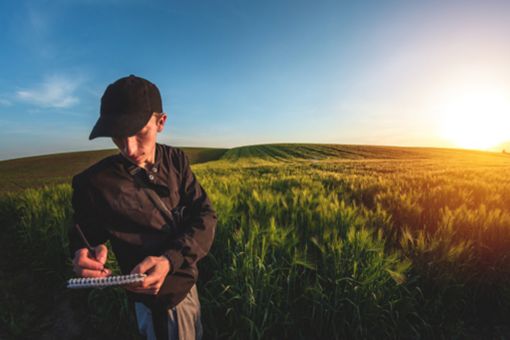
[22 May, Rural News]
Our Land and Water National Science Challenge has released The Data Supermarket, a new online storehouse of agricultural data about the ingredients, food and fibre New Zealand can grow now and in the future. Offering a wide range of information about various crops, climate, and economic data, the dataset repository should make it easier to access information on crop suitability and production potential. The goal is to help the primary sector identify a broader range of suitable land opportunities and enable farm advisors to create short lists of potential land-use options. For example, suitable kiwifruit production land identified in Waikato, Taranaki and the top of the South Island may challenge Te Pukeтs status as New Zealandтs kiwifruit capital.
Tags: Research & Development
Farming Systems Spotlight
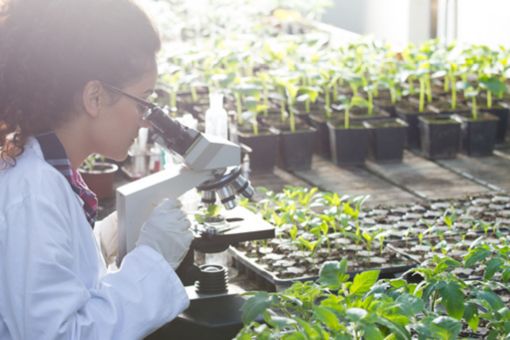
[22 May, ABC News]
Australian researchers have developed the world's first genetically modified (GM) banana in response to the globally devastating Panama tropical race 4 (TR4) disease. The fungal disease poses a significant threat to the USD $20 billion-dollar Cavendish banana industry and can stay in the soil for more than 50 years. The GM banana, QCAV-4, carries a resistant gene from a wild banana species, and does not alter taste or texture. Now submitted to Food Standards Australia New Zealand and the Office of the Gene Technology Regulator for approval, QCAV-4 may serve as a safety net against TR4 for the future. While some argue GM bananas are unnecessary as the disease is currently contained, researchers at Queensland University of Technology emphasise the importance of having additional tools to manage the crisis.
Tags: Farming Systems
Headline Stories
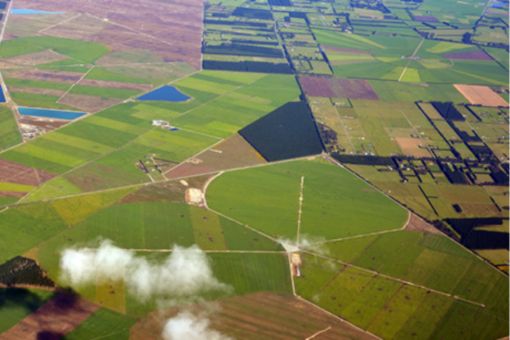
[ 22 May, Farmers Weekly]
Researchers at Massey University have uncovered a connection between elevated levels of heavy metals in Waikato pastoral soils and an increase in antibiotic-resistant soil bacteria. The recently published study revealed that bacteria resistant to heavy metals like cadmium and zinc can also increase their antibiotic resistance under laboratory conditions. Cadmium in the soil originates from natural contaminants in phosphate rock mineral fertilisers, while zinc levels have risen due to agricultural chemical usage over the last three decades. While still unsure how the correlation between heavy metal and antibiotic resistance has occurred, the research reinforces the importance of avoiding over-application of phosphate fertilisers and the need to explore alternative farming practices to mitigate these issues.
Tags: Research & Development
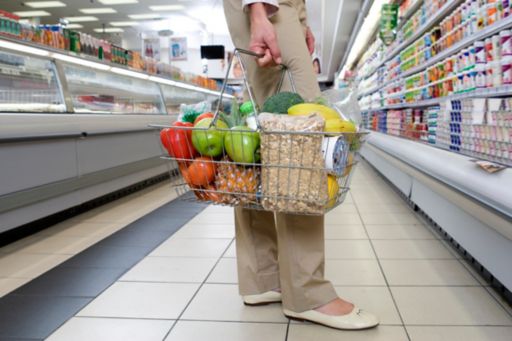
[22 May, New Atlas]
A new study by Australia's national science agency, CSIRO, highlights the widespread presence of micro and nano plastics (MNPs) and plastic additives in the global food supply. This is the first study to analyse the academic literature on microplastics and their effect on food safety and security. The most well-known path MNPs can enter the human food chain is through a process called trophic transfer, however food processing and packaging have also recently been identified as a source of MNPs. Lead study author, Joost Nelis, said тFresh food, for example, can be plastic-free when itтs picked or caught but contains plastics by the time itтs been handled, packaged and makes its way to usт�. While the harm to humans is not yet fully understood, reducing plastic waste and minimising plastic use in food preparation and storage are recommended measures to mitigate the issue.
Tags: Food Safety
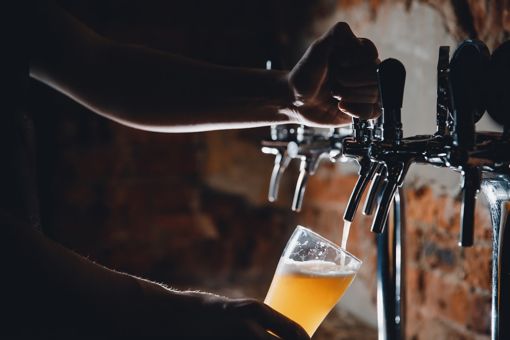
[18 May, Food Dive]
EverGrain, a startup founded by Anheuser-Busch, is repurposing spent barley from brewing to create a sustainable protein powder called EverPro. Historically the by-product of the brewing process has gone to animal feed or landfills. This new approach aims to tackle food waste, while offering a sustainable and functional food ingredient. EverPro has been incorporated as an ingredient into various products, such as crackers, nutritional supplements, and non-alcoholic beer. The EverGrain plant is capable of producing about 7,000 tons of EverPro annually and aims to position barley alongside soy and pea as a significant protein source in the future.
Tags: Alternative Proteins, Research & Development
Get in touch
| Audit т� Auckland Ian Proudfoot 09 367 5882 [email protected] |
Agri-Food т� Auckland Andrew Watene 09 367 5969 [email protected] |
Management Consulting т� Wellington Justine Fitzmaurice 04 816 4845 [email protected] |
Private Enterprise т� Hamilton Hamish McDonald 07 858 6519 [email protected] |
| Farm Enterprise т� South Island Brent Love 03 683 1871 [email protected] |
Agri-Food - South Island +64 2788 61744 [email protected] |
Field Notes Administrator |
|


